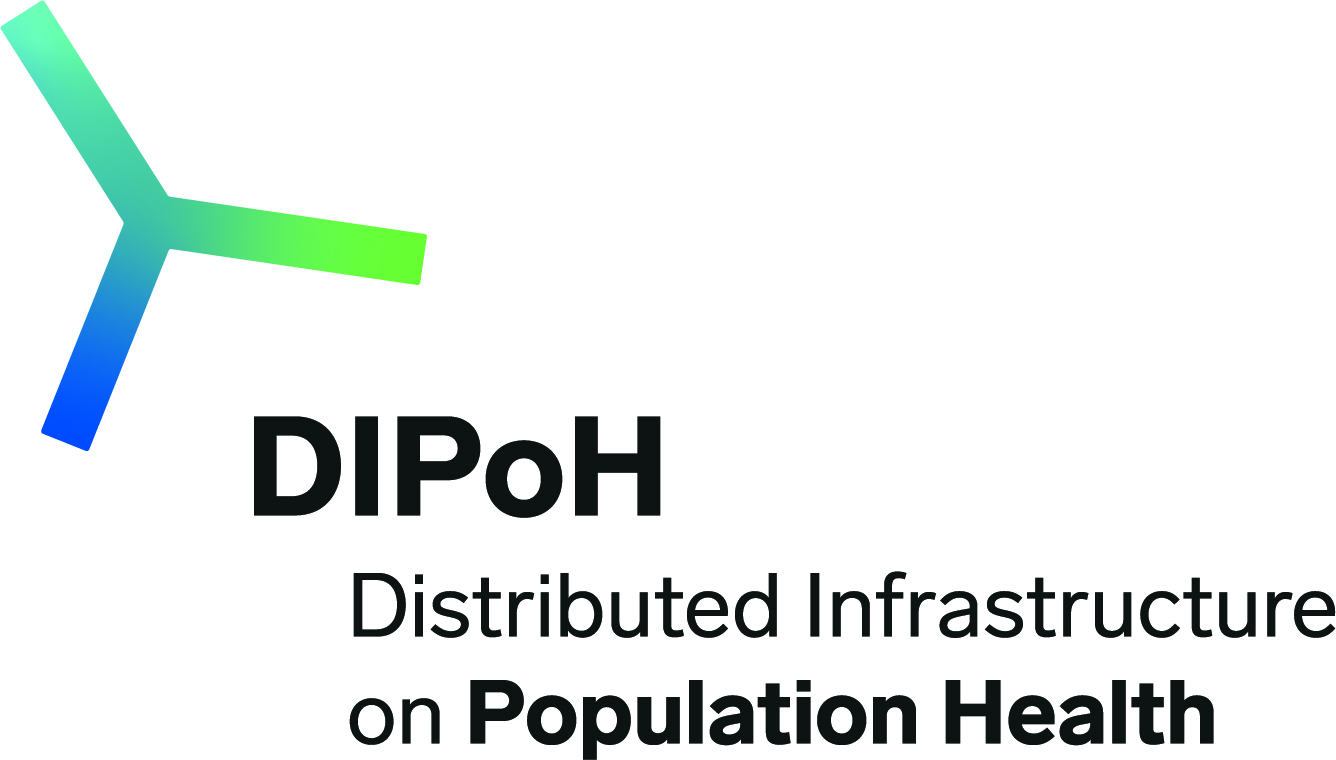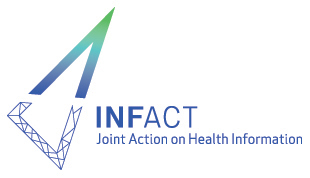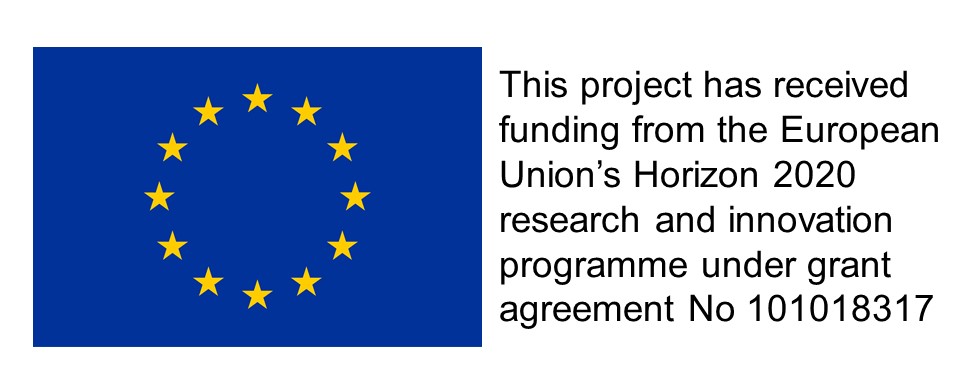Description
Background: To date, the risk/benefit balance of lockdown in controlling severe acute respiratory syndrome coronavirus-2 (SARS-CoV-2) epidemic is controversial. Objective: We aimed to investigate the effectiveness of lockdown on SARS-CoV-2 epidemic progression in nine different countries (New Zealand, France, Spain, Germany, the Netherlands, Italy, the UK, Sweden, and the USA). Design: We conducted a cross-country comparative evaluation using a susceptible-infected-recovered (SIR)-based model completed with pharmacokinetic approaches. Main Measures: The rate of new daily SARS-CoV-2 cases in the nine countries was calculated from the World Health Organization’s published data. Using a SIR-based model, we determined the infection (β) and recovery (γ) rate constants; their corresponding half-lives (t1/2β and t1/2γ); the basic reproduction numbers (R0 as β/γ); the rates of susceptible S(t), infected I(t), and recovered R(t) compartments; and the effectiveness of lockdown. Since this approach requires the epidemic termination to build the (I) compartment, we determined S(t) at an early epidemic stage using simple linear regressions. Key Results: In New Zealand, France, Spain, Germany, the Netherlands, Italy, and the UK, early-onset stay-at-home orders and restrictions followed by gradual deconfinement allowed rapid reduction in SARS-CoV-2-infected individuals (t1/2β ≤ 14 days) with R0 ≤ 1.5 and rapid recovery (t1/2γ ≤ 18 days). By contrast, in Sweden (no lockdown) and the USA (heterogeneous state-dependent lockdown followed by abrupt deconfinement scenarios), a prolonged plateau of SARS-CoV-2-infected individuals (terminal t1/2β of 23 and 40 days, respectively) with elevated R0 (4.9 and 4.4, respectively) and non-ending recovery (terminal t1/2γ of 112 and 179 days, respectively) was observed. Conclusions: Early-onset lockdown with gradual deconfinement allowed shortening the SARS-CoV-2 epidemic and reducing contaminations. Lockdown should be considered as an effective public health intervention to halt epidemic progression.
Publication
Contact info
Department of Medical and Toxicological Critical Care, Lariboisière Hospital, Federation of Toxicology, APHP, Paris, France.





